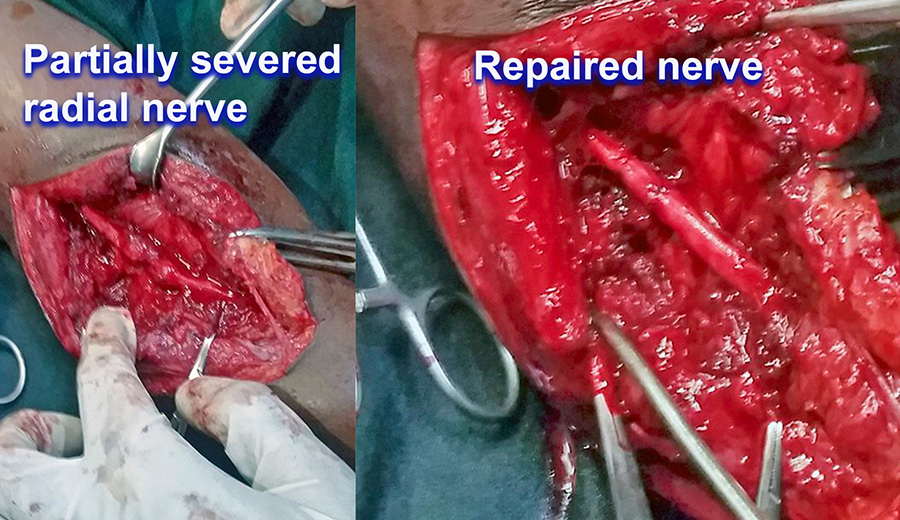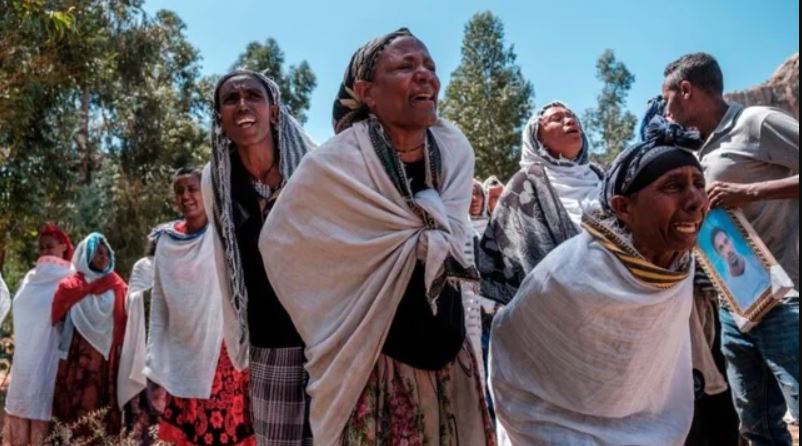
In an emergency international zoom conference today Drs. Amanuel Haile, Tigray Health Bureau Director,and Kibrom Gebreselassie, CEO of Mekelle’s Ayder Hospital, the continuing catastrophic health care crisis in the Tigray region suffered under the Ethiopian siege was reported.
Less then fifty percent of health care facilities have any staffing at all. Even those that are open have no electricity or supplies. There are no antibiotics to treat infection, no surgical supplies, and even simple things such as bed sheets and soap are scarce. No electricity is present to run medical equipment except for occasional runs at the tertiary Ayder Hospital on a rare basis.
During the so called truce following the exit of occupying forces of Ethiopia from Eastern Tigray but not Western Tigray there has been a strangulating blockade of food, medicine, and fuel. Only 5% of necessary medical supplies were coming through the blockade. The Ethiopian military as well as the Ethiopian Ministry of Health under Lia Tadesse continue to limit what will be cleared for transport into Tigray from Ethiopia so that the people of Tigray would be “punished”.
Immunizations for children, oxytocin to help in childbirth, HIV testing, antibiotics, cancer drugs, tuberculosis drugs, anti-malarials, oxygen and surgical equipment are a few of the many banned items. Even while Ethiopia claimed to be assisting in medical supply the reality is that not a single item was donated by Ethiopia itself. Only donated supplies from foreign countries in miniscule quantities are transported.
The medical crisis extends beyond just humans as there have been outbreaks of rabies in some cities from infected dogs spreading to humans. Feed for livestock is sparse and many animals have become infected with anthrax which has spread to humans as sick animals are desperately consumed.
While fifty thousand health care workers have attempted to remain on station to help the population they have gone unpaid essentially since November 2020. There is no fuel or parts to allow transportation of patients to health care facilities.



